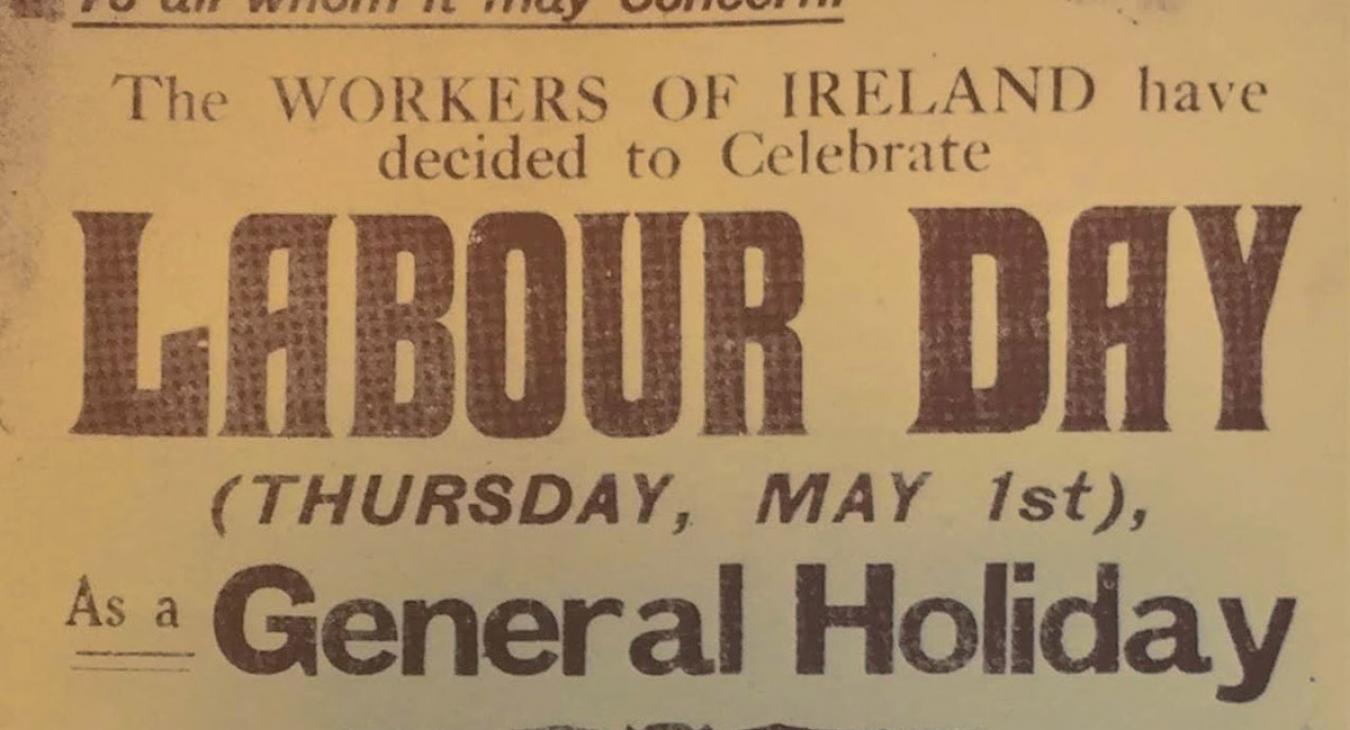Ireland's most famous industrial dispute began on this day (August 26th) 106 years ago and the consequences have reverberated ever since. Only weeks beforehand the Dublin Trades Council and the Chamber of Commerce had agreed to set up an arbitration board to resolve industrial disputes in the city, but Ireland's wealthiest Catholic nationalist businessman, William Martin Murphy, was determined to smash "Larkinism" in the city and began dismissing any employee he suspected of being a member of Jim Larkin's Irish Transport and General Workers Union.
By August 26th he had dismissed 800 employees and replaced them with scabs, or strike breakers. The remaining 180, mainly conductors and drivers voted for a strike in pursuit of pay parity with tramway workers in Belfast and British cities, and for union recognition. Murphy had both the police and army deployed to smash the strike and, on Bloody Sunday, August 31st, 1913, hundreds of Dubliners, many of them not even trade unionists were brutally beaten for supporting the union's right to freedom of assembly and decent pay and conditions.
Murphy, who was President of Chamber of Commerce, persuaded 400 employers to lock out ITGWU members and thousands of other trade unionists who refused to sign declarations pledging themselves not to have any communication or work with ITGWU members. Dublin employers also began recruiting strike breakers in England.
As a result of the employers" actions, the TUC came to the aid of Dublin Trades Council. Over the coming five months British trade unionists, socialists and members of the co-operative movement donated well over £100,000 in food, fuel and strike pay, an enormous sum at the time. After five months the workers were starved back but never forgot the vicious onslaught by the employers. When the First World War broke out and labour shortages began, the ITGWU and other unions organised and rebuilt the movement stronger than ever. By 1920 the Irish Trade Union Congress had trebled in size from its pre-war days and the ITGWU was the largest trade union in the country.

